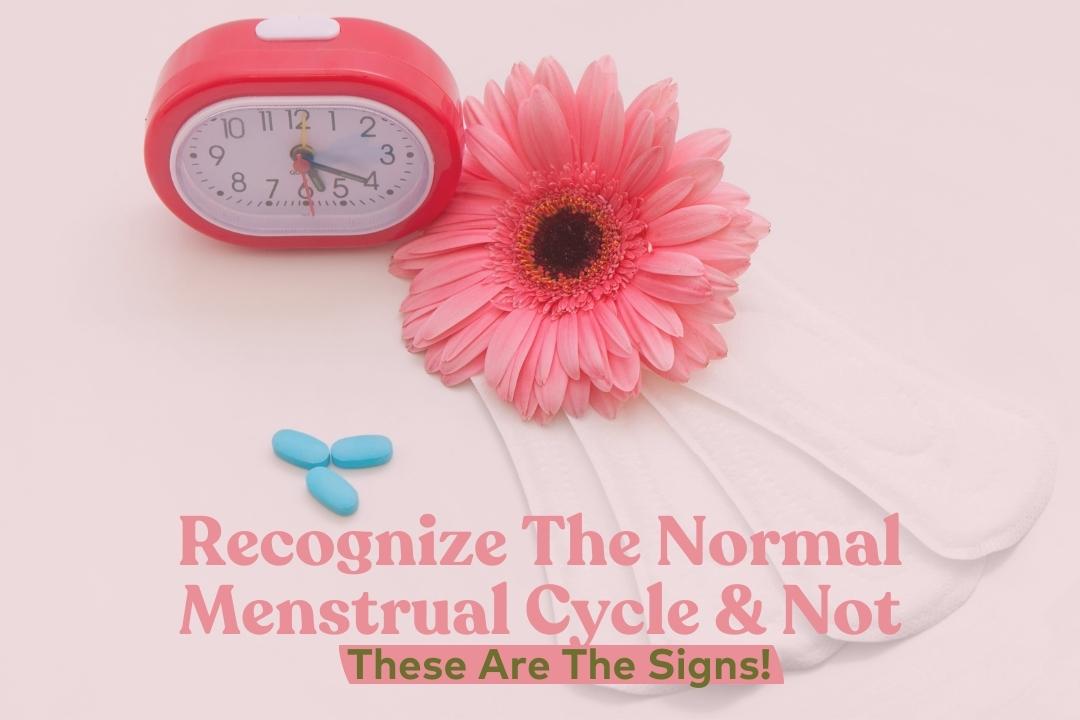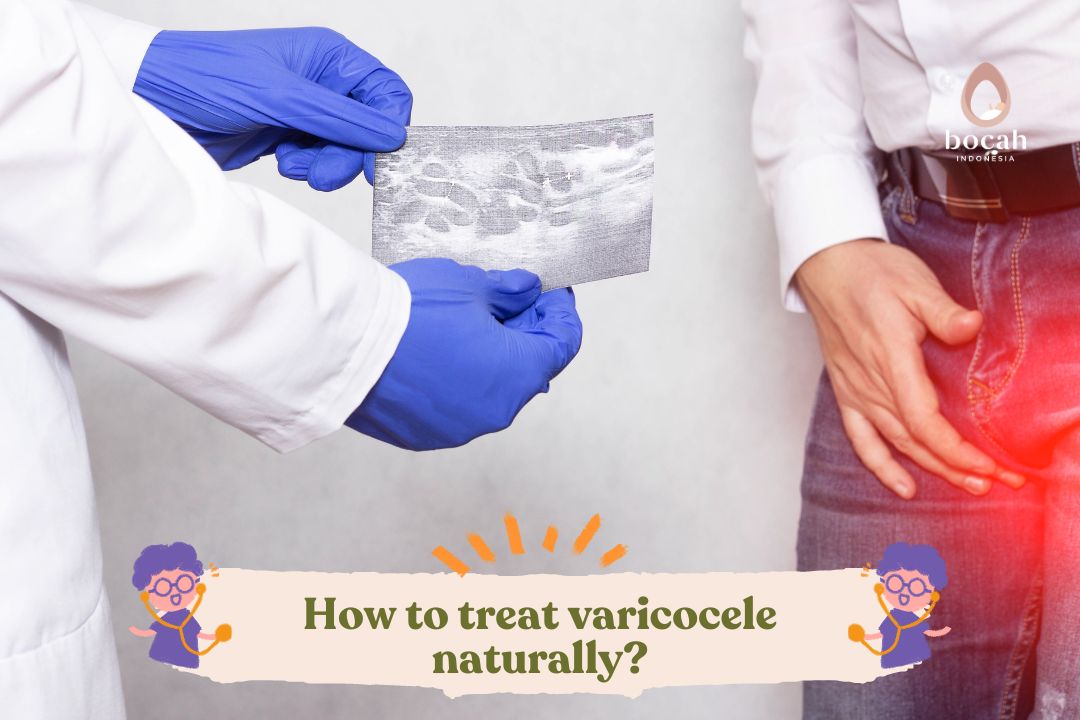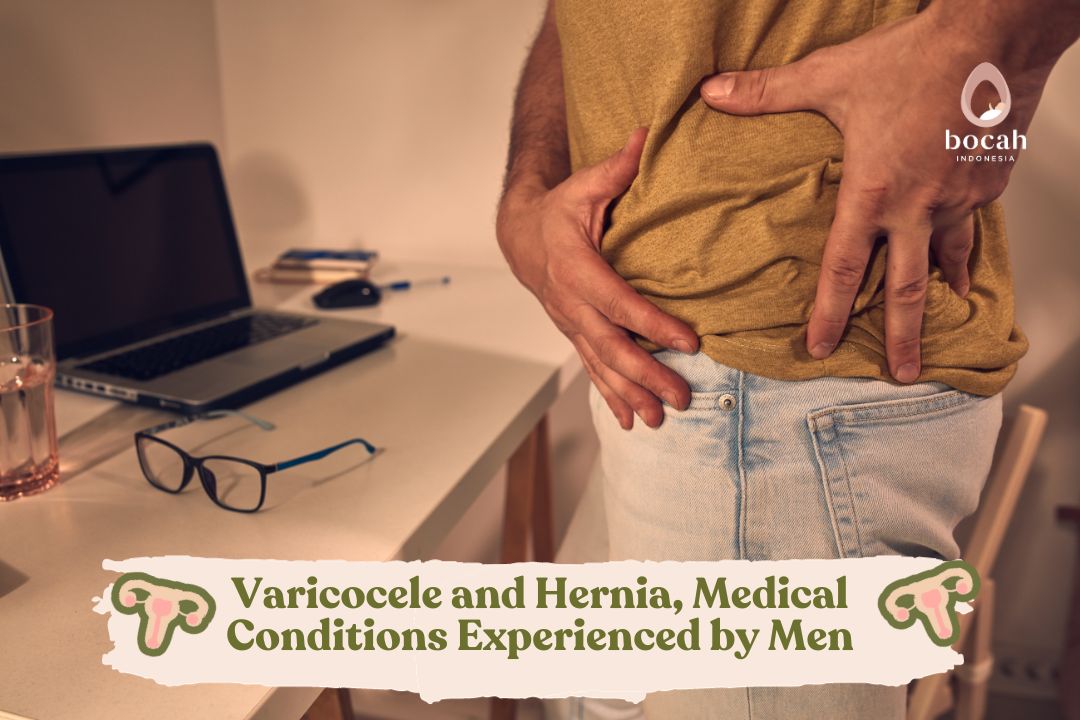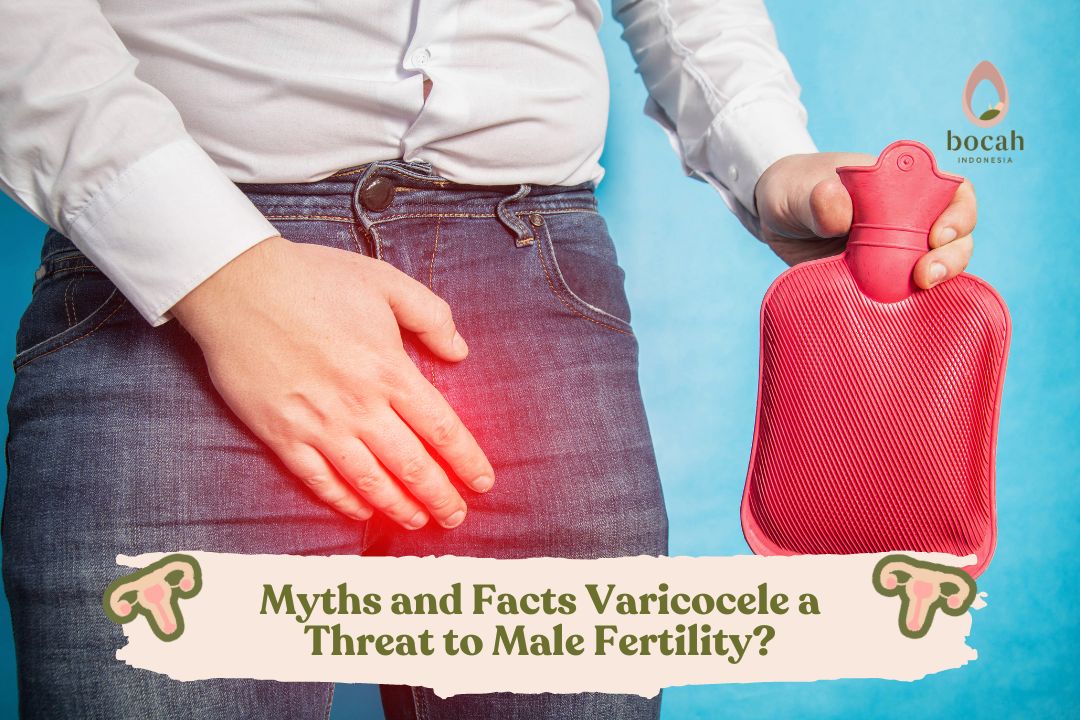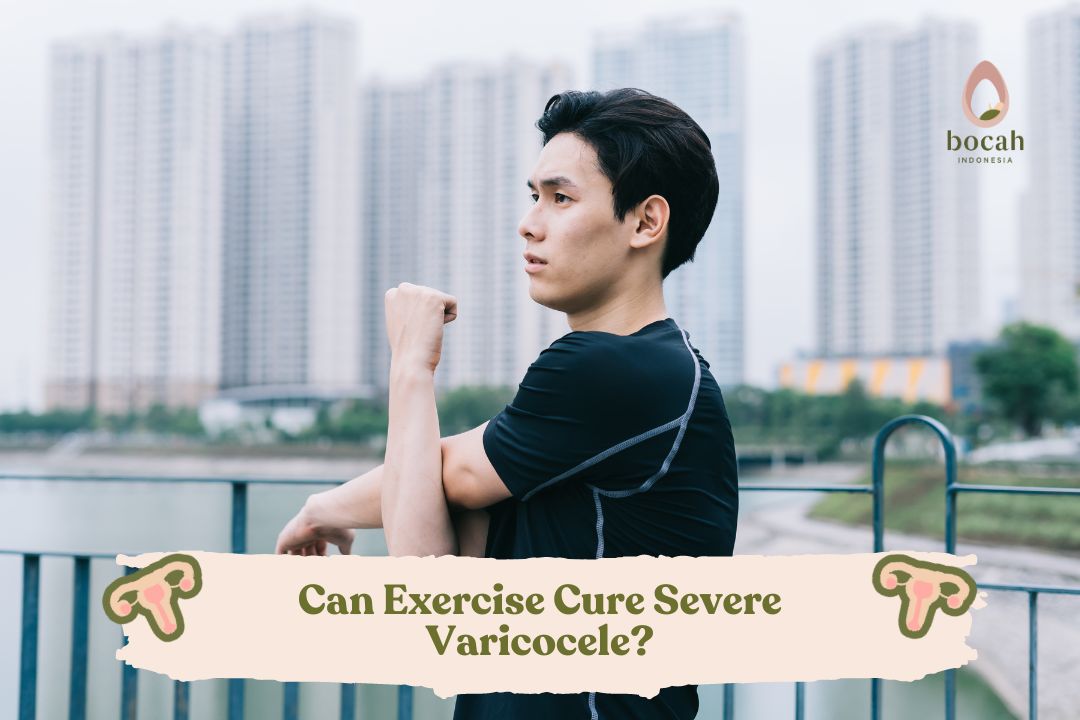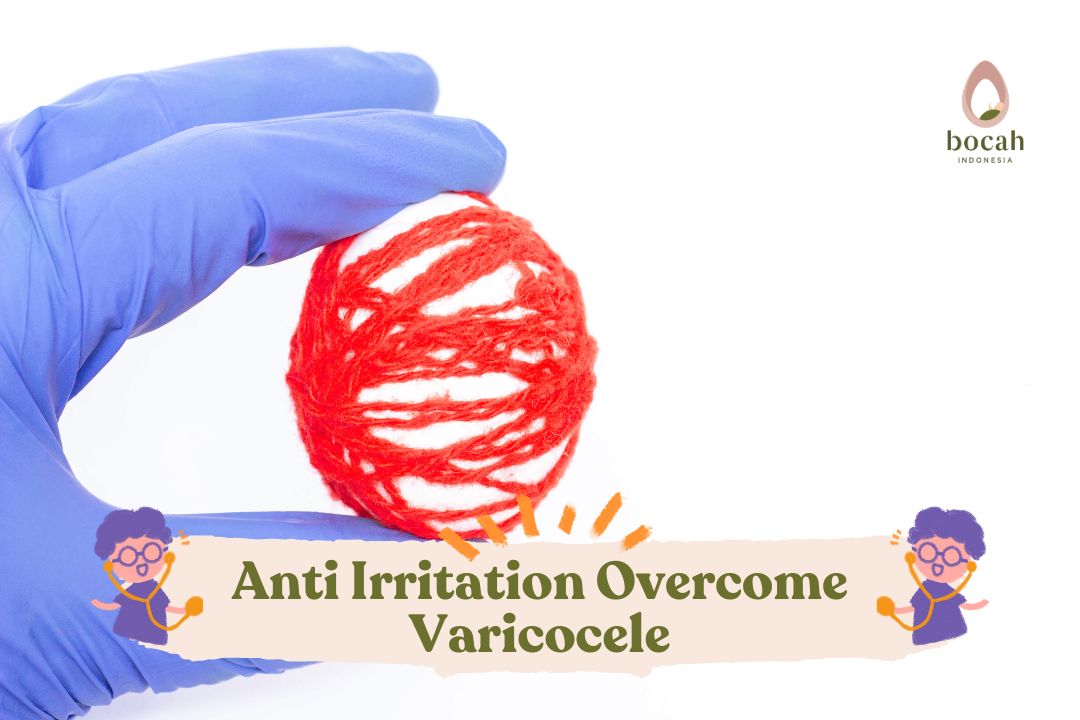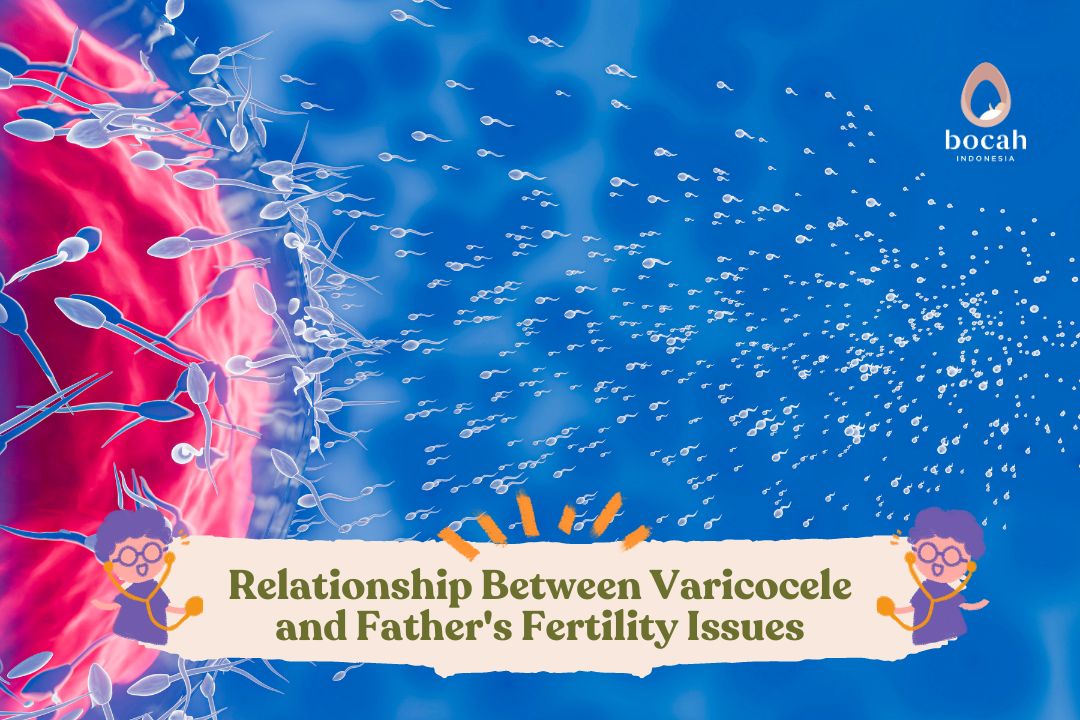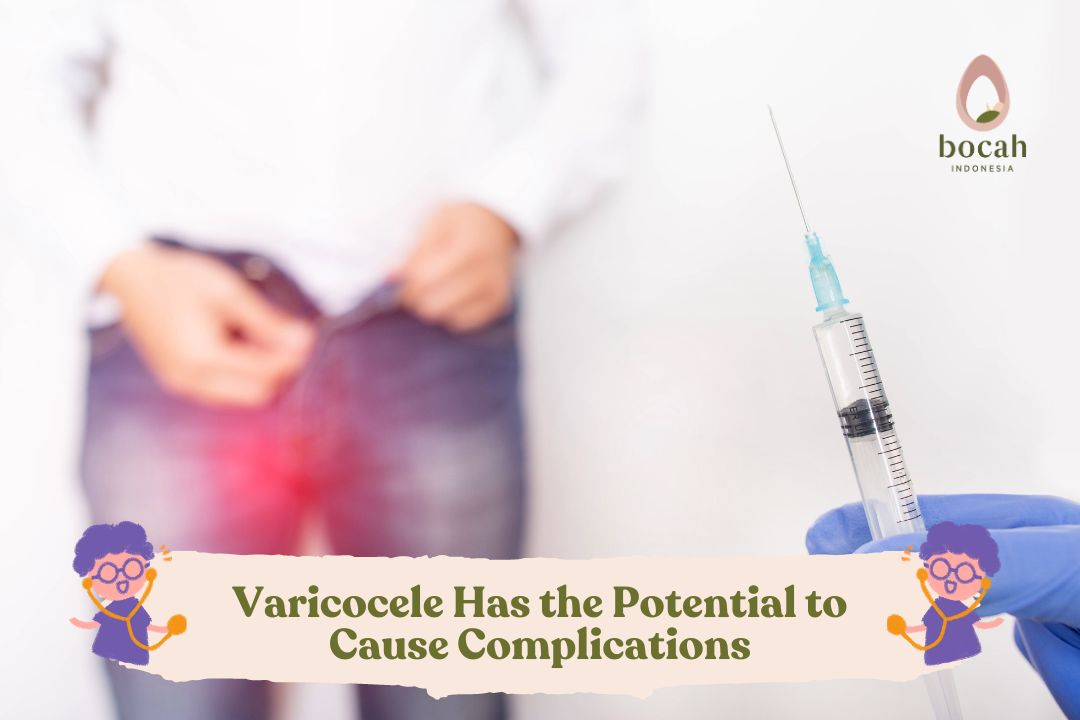Recognize Stubborn Varicocele Symptoms
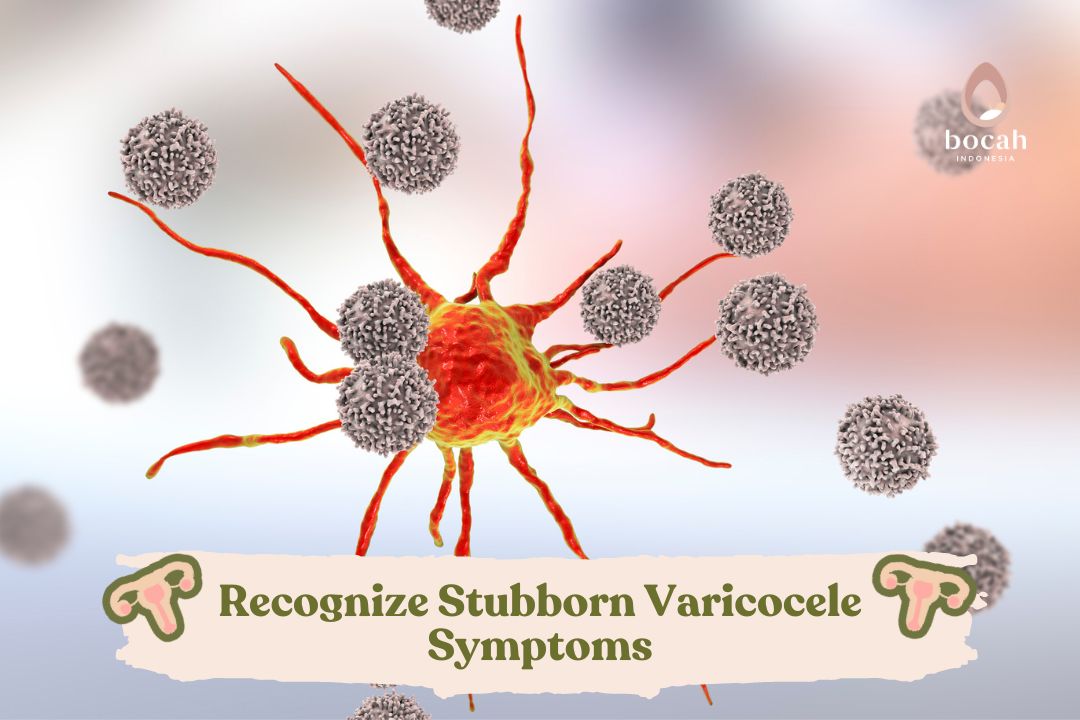
Swelling, pain, or changes in the testicles may signal varicocele. Recognize the signs and symptoms of varicocele.
Varicocele is a medical condition characterized by swelling or enlargement of blood vessels in the scrotum, which is a collection of veins that carry blood from the testicles.
Although this condition often does not cause significant symptoms, men with varicocele may experience discomfort or reproductive health problems. Learn the signs and symptoms of varicocele for accurate detection.
Causes of Varicocele in Fathers
The causes of varicocele often arise during puberty and develop over time in some adults. Although not fully understood, some potential factors that may play a role include:
1. Valve function failure
There may be a possibility of valve function failure within the blood vessels that should control blood flow accurately. This valve function is crucial to maintain proper blood flow direction.
Tanya Mincah tentang Promil?
2. Anatomical differences
Varicocele may be associated with differences in the venous blood vessel pathways on the left and right testicles. The venous blood vessel pathways on the left testicle may have different characteristics, which can increase the risk of blood flow problems on the left side.
Although varicocele does not always cause symptoms or serious problems, it is not uncommon for affected individuals to feel worried, especially if there is discomfort or complications. Varicocele can be of particular concern for fathers, and further understanding of its causes can help in managing and preventing this condition.
Signs and Symptoms of Varicocele
Varicocele is a condition that can produce specific signs and symptoms in men, and early recognition of these indicators is important for proper management. In this regard, we will detail the signs and symptoms of varicocele that fathers may experience as follows:
1. Swelling in the scrotum (scrotal sac)
One sign that fathers may encounter is swelling or enlargement of the veins around the testicles. These dilated blood vessels may feel like enlarged veins and sometimes appear prominent when standing or sitting.
2. Discomfort or pain
Fathers may experience discomfort or pain around the testicles, especially when standing or sitting for long periods. This discomfort can range from mild to more intense and may become more pronounced during physical activity or prolonged standing.
3. Changes in the testicles
There may be changes in the size or weight of the testicle affected by varicocele. Fathers may notice changes in the texture or shape of the testicles and may experience a heavy sensation in the scrotum.
4. Infertility problems
Varicocele can affect sperm health, so men experiencing it may face subfertility or difficulty achieving pregnancy.
5. Burning or warm sensation
Some fathers may experience a burning or warm sensation around the varicocele, especially after activity or in certain situations.
6. Appearance of veins on the scrotum
The appearance of enlarged veins or blood vessels on the scrotum can be a visual sign of varicocele. This may be more noticeable when fathers are standing or in certain situations.
It is important to remember that not all men with varicocele will experience the same symptoms, and this condition can be asymptomatic.
However, if fathers experience signs or symptoms that may be related to varicocele, it is advisable to consult a doctor for further evaluation and proper management.
Actions After Varicocele Symptoms Occur
If fathers experience the varicocele signs and symptoms mentioned above, the following steps can help manage this condition:
1. Consult a doctor
Immediately consult a specialist andrologist or urologist if fathers suspect varicocele or experience suspicious symptoms. The doctor will conduct a physical examination and may require additional tests to establish a diagnosis.
2. Monitor and record symptoms
Monitor and record the symptoms fathers experience. This information can help the doctor determine the severity of varicocele and plan appropriate treatment.
3. Importance of prevention and care
The doctor may provide advice regarding lifestyle changes or preventive measures that may help reduce symptoms, such as avoiding excessive heat in the scrotal area and wearing supportive underwear.
4. Discuss treatment options
If varicocele causes troublesome symptoms or affects fertility, discuss treatment options with the doctor. Varicocele treatment options may involve surgical or non-surgical procedures, depending on the severity and symptoms.
5. Regular monitoring
Follow the doctor’s advice for regular monitoring. This can help evaluate changes in the condition and ensure that there are no adverse developments.
6. Monitor sperm health
If varicocele affects fertility, the doctor will perform sperm tests to assess sperm quality and quantity. Varicocele treatment in some cases may improve sperm parameters.
7. Follow doctor’s instructions
Carefully follow the doctor’s instructions and recommendations. This may involve lifestyle changes, medication use, or medical procedures.
It is important to maintain open communication with the doctor and together make decisions about managing varicocele that are most appropriate for father’s health needs. If fathers experience the above symptoms, let’s consult the nearest fertility clinic immediately!
This article has been medically reviewed by Dr. Chitra Fatimah.
Source:
- Paick, S., & Choi, W. (2019). Varicocele and Testicular Pain: A Review. The World Journal of Men’s Health, 37(1), pp. 4–11. https://www.ncbi.nlm.nih.gov/pmc/articles/PMC6305863/
- Chung, J., & Lee, S. (2018). Current Issues in Adolescent Varicocele: Pediatric Urological Perspectives. The World Journal of Men’s Health, 36(2), pp. 123–31. https://www.ncbi.nlm.nih.gov/pmc/articles/PMC5924953/
- American Urological Association (2020). Urology A–Z. Varicocele.
- Johns Hopkins Medicine (2020). Conditions and Diseases. Varicocele.
- Cleveland Clinic (2020). Disease & Conditions. Varicocele.
- Mayo Clinic (2020). Diseases & Conditions. Varicocele.


